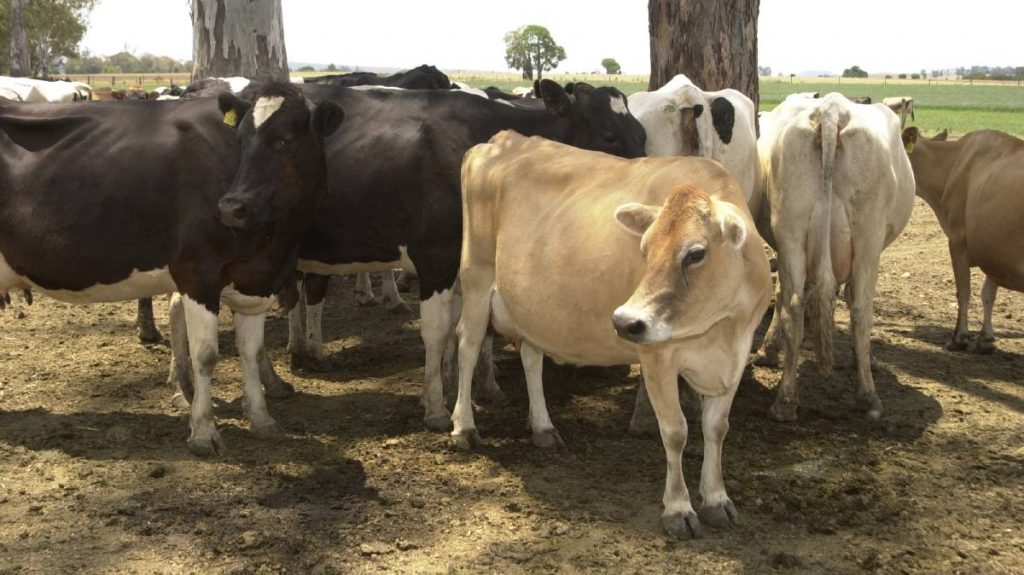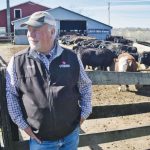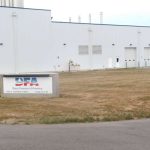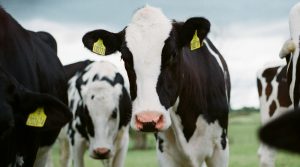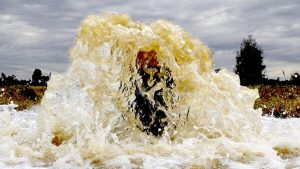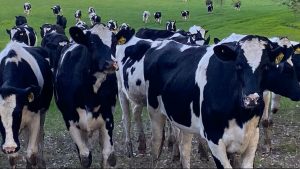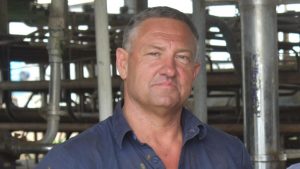
Retesting now should be a priority for Queensland dairies and is required for farms that want to maintain their Dairy Score of 7 or higher for BJD.
The previous round of testing carried out by QDO occurred this same time two years ago after the revision of JD Dairy Score by Australian Dairy Farmers (ADF).
To maintain the top scores of 7 or 8 farms are required to not have introduced animals of a lower score onto the farm, return a negative test every two years by herd environmental culture (HEC) or sample, and maintain an active biosecurity management plan with sign-off from their veterinarian for the score 8.
In 2019 from March to June, 207 farms were tested by QDO, all returning negative results.
The task is logistically challenging and was carried out by just three trained staff members. Farms are spread from the NSW border all the way to the Atherton Tablelands in Far North Queensland. Samples must be collected straight after milking finish times, often early in the morning or late at night, and kept refrigerated. Samples were then required to be submitted to the biosecurity laboratory in Brisbane with 48 hours of collection.
Due to the very slow growth of the bacteria Mycobacterium paratuberculosis that causes BJD samples take a minimum of three months for the lab to culture, so it is three months before the results are known.
With a long incubation period, often four to five years, clinical symptoms take years to appear after initial exposure. It is a wasting disease with infected animals presenting with long-lasting diarrhoea and weight loss without influencing feed intake or their appetite. The main spread of the disease is through contact of the faeces or saliva. Currently, there is no treatment for the disease.
It is good to see many QDO members are choosing to retest their herds for any presence of the disease.
QDO is offering this testing service to members for $160 which just covers the lab fees. Call the office to book in your test (07) 3236 2955.
Torie Harrison, QDO project officer
